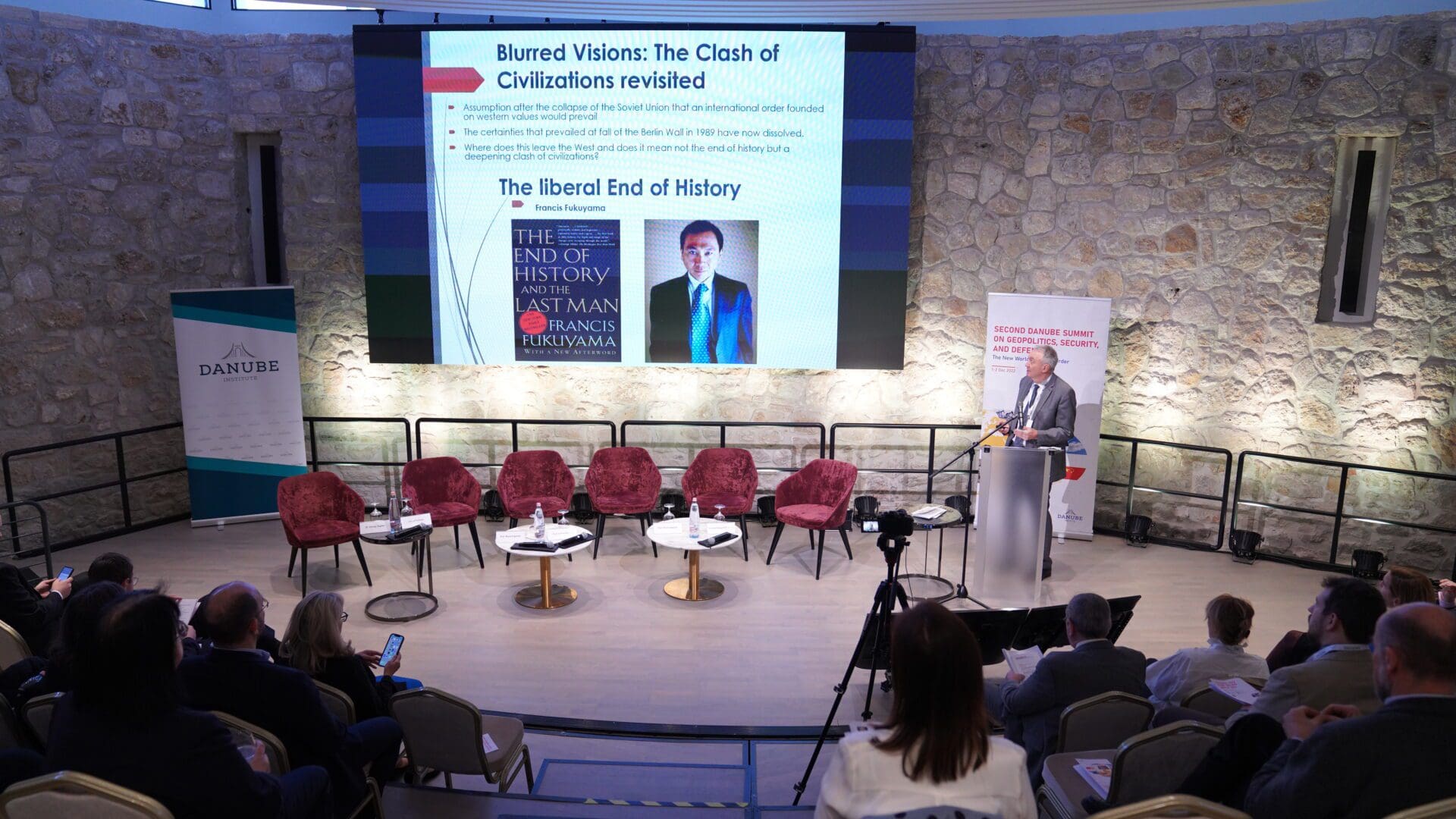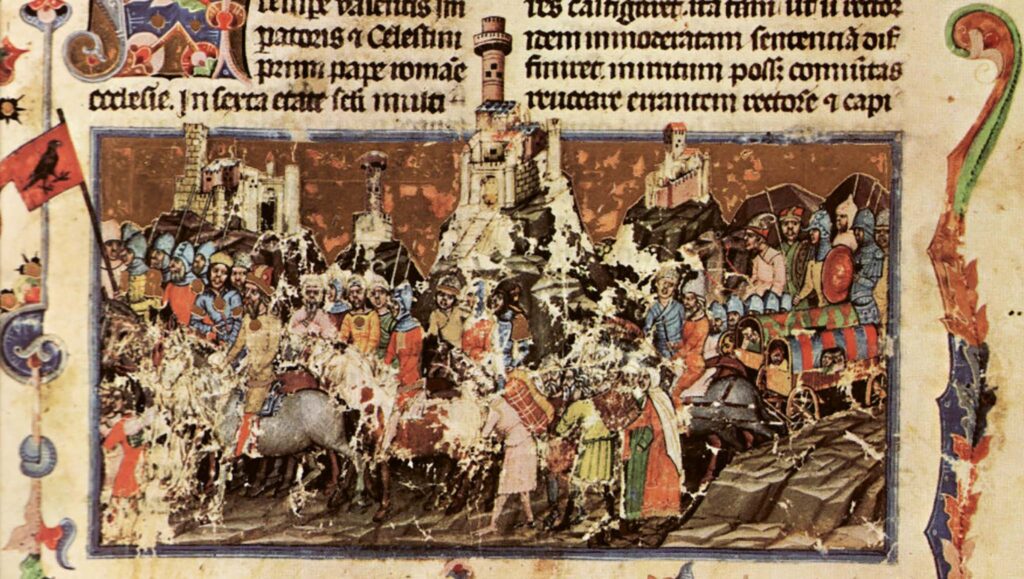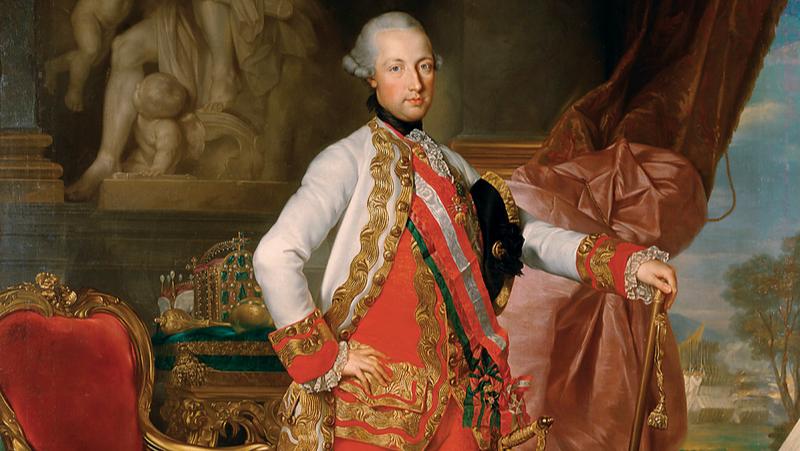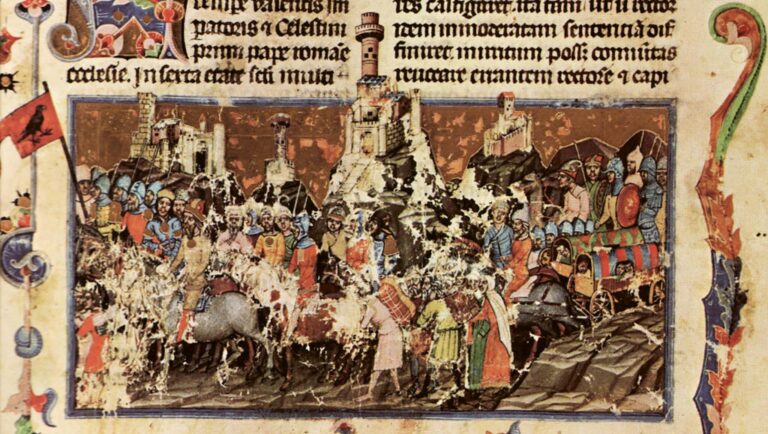Cultural Fault Lines and the West
Professor David Martin Jones, Director of Research at the Danube Institute introduced the second day’s central topics by speaking about the clash of civilizations and ideas. He contrasted the liberal idea, most prominently put forward by historian Francis Fukuyama, of the ‘end of history’ (which has clearly been disproved) and the concept of the clash of civilizations determining the new world order, formulated by Samuel Huntington. During his presentation, he analysed the latter, focusing on the cultural fault lines Huntington described. The professor noted hat these lines were less clear when Huntington first defined them. Now, the world has a multicivilizational order, with a defined, new Asian hemisphere. As a result, he stressed, cultural fault lines are more defined now, and the loss of universal purpose results in the bewilderment of the current Western predicament regarding culture.
The Ideas that Shape the World
The first panel discussed today’s dominant worldviews and ideologies. Dr George Bogden, Olin Fellow of Columbia University and researcher at Bard College and the German Marshall Fund talked about the effect of nationalism and globalism on national order. Dr Bogden placed nationalism in the context of the Ukraine war, stating that everyone expected Ukraine to fail rapidly, but that did not happen. Ukrainians put up a heroic fight for their nation. He stressed that if Russia stops fighting, the war ends, but if Ukraine stops fighting, Ukraine as such ends. He added that while there is a theoretical desire for a global rules-based system, these rules need yet to be defined.
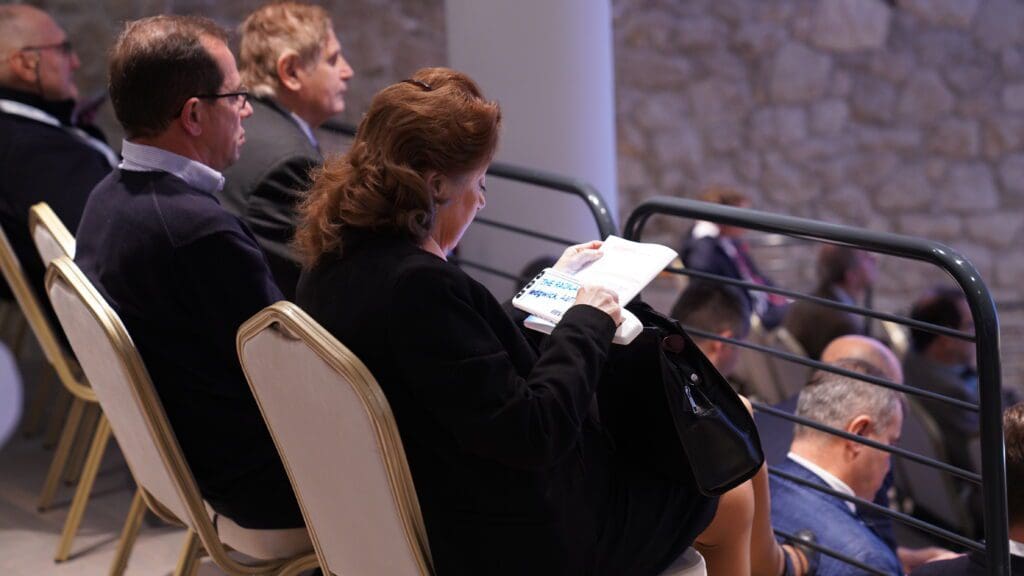
Prof. Maria Engstrom, Professor of Russian at Uppsala University spoke about the three worldviews that define today’s Russia: Katechon (from the Greek ό Κατέχων, ‘the withholding’), which postulates Russia as the power that protects the world from the advent of the Antichrist; Atomic Orthodoxy (which looks at Russia’s nuclear arsenal as the guardians of the country protecting Orthodox civilization), and the new Russian foreign policy doctrine based on the concept of the ‘Russian World’. She mentioned that these ideas all come from conservative intellectuals, and highlighted that all of these concepts present Russia as a defender of Europe and Christianity.
Professor Jeffrey Kaplan, distinguished fellow of the Danube Institute attempted to place global Jihad in the context of the broader Muslim world. He said that even in Jihadi circles there are two different ideas about what Jihad really is. Jihad was originally defined as a defensive struggle, or and internal struggle against sin. According to present day definitions, there are two Jihads. One where someone fights with their inner self, and one where they fight with external forces. He added that many thinkers tried to reinterpret these ideas for the modern times, and while they were at first shunned because of it, later they became accepted.
Aarhaus University professor Mark Sedgwick discussed the connection between the radical right and clashes of civilizations. He mentioned that the radical right is defined in many ways, but how the media usually presents it is wrong in his opinion. He said that leaders like Meloni and Le Pen are not radical right, while figures liek Dugin, Jordan Peterson and Martin Sellner, however, are. He stressed that these people are the opposite of how the media portrays them. They are not racist or anti-immigration, they are mostly just traditional. conservatives, for whom tradition is more absolute, transcendent and goes back through human history. They draw from and combine modernity and tradition—and that is the civilizational clash itself, a version of nature versus nurture.
Erzsébet Nagyné Dr. Rózsa, professor at the Hungarian National University of Public Service, talked about Iran in a post-American Middle Eastern order. She said that even thought America officially withdrew from it militarily, the Middle East is still a penetrated region, with many external factors still in play, not only the United States. Dr Rózsa noted that Iran sees itself as an ancient-modern-regional-responsible power. Iran, in fact, is a lonely regional power in the Middle East, in spite of its partnerships with Russia and China. Iran’s basic ambition is deterrence, since it is surrounded by hostile powers and foreign military forces. That is why the country insists on carrying on with its nuclear and missile programmes that they are looking to expand. Iran is also determined to remain a significant actor in regional politics.

Danube Institute President John O’Sullivan looked at US President Joe Biden’s foreign policy. He expressed his view that the official policies of the American administrations are informed by woke ideology. He noted that usually, there are long-term plans behind decisions made regarding foreign policy, as was the case with Brexit, by which Britain wanted to increase its global presence. As opposed to that, US policies seem not to be guided by long-term considerations. He added that while the Middle Eastern actions taken by Biden were a fail, his administration is dealing with the Ukrainian situation rather well. O’Sullivan remarked that in fact, Biden does have long-term strategies, however surprising it might seem. In his opinion, Biden sees the world as a new Cold War being waged between liberalism and authoritarian systems. He added that defending Ukraine is ultimately a human rights issue for the United States. However, O’Sullivan said, the protection of human rights is not a viable strategy for the United States, since while claiming that they are the protectors of human rights worldwide, they are trying to force their allies to accept laws regarding the sex-change of minors, laws that, by the way, would offend Muslim and Hindu communities all around Europe. He concluded by saying that the United States is trying to force ideas onto China, Iran and Europe that are actually accepted by only a small slice of their own population.
Tony Abbott: The Number One Threat is China
After the panel discussion, former prime minister of Australia Tony Abott took the floor. In his remarks he noted that Europe did not take Putin seriously enough when the Russian leader said that the largest geopolitical catastrophe of the 20th century was the fall of the Soviet Union. According to Abbott, if Europe had paid more attention, they would not be so vulnerable now, and would not rely so much on Russian energy. He added that he disagrees with the view that the Russians attacked because Ukraine had started to amass weapons. On the contrary, Ukraine should have been armed more and earlier in his view, because if they had had more weapons, they could have deterred Moscow from invading by a show of force. In terms of Finland and Sweden joining NATO he noted that previously these countries believed that their autonomy would be threatened if they joined, however, since then they have realized that NATO is a guarantor of peace, so becoming a member of the alliance would provide more security than the two Nordic countries used to think. Referring to those suggestions that the current hostilities can be compared to the Cold War, he remarked that back then, there were lines that countries were afraid to cross, whereas these lines seem to have vanished by now. Regarding Australia, he highlighted that Russia is not and never was a threat. For obvious geopolitical reasons, his country is more concerned about competing with China. He warned his audience that the West should not fall into the trap of misconceptions about China just because the Communist country’s semantics have changed. Beijing is still a threat, and this is proven by their overt ambition to become a dominant power by the middle of the century.

